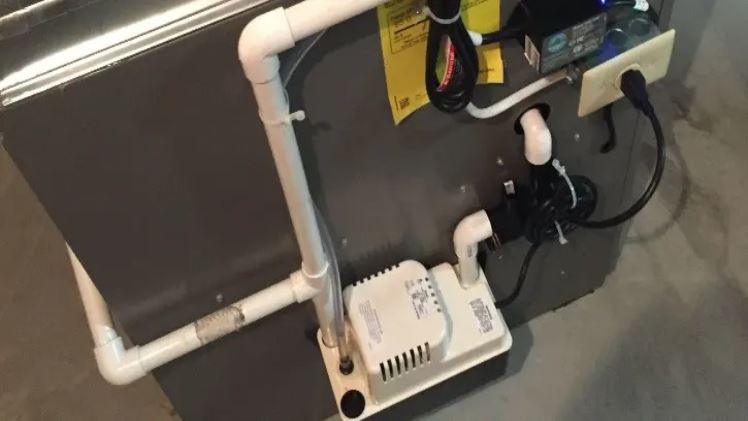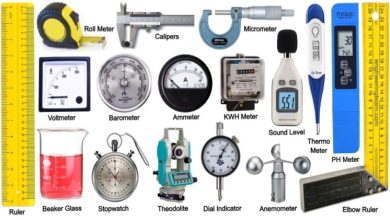How Do I Know if My Condensate Pump is Bad?

A condensate pump plays a crucial role in your HVAC system, efficiently removing water generated during the heating and cooling process. Like any mechanical component, condensate pumps can fail, leading to potential issues within your system, including water damage and reduced efficiency. Knowing the signs of a failing condensate pump is key to addressing problems early and ensuring your HVAC system operates smoothly. This guide will walk you through the indicators of a bad condensate pump and the importance of professional HVAC pump repair.
Recognizing the Signs of a Failing Condensate Pump
As your condensate pump nears the end of its life expectancy, there are a few signs you should keep track of.
Unusual Noises
One of the first signs that your condensate pump might be failing is the presence of strange noises during operation. Buzzing, rattling, or humming sounds can indicate mechanical issues within the pump, such as a failing motor or a jammed impeller. These sounds are abnormal and should be addressed promptly to prevent further damage.
Water Leaks Around the Pump
Water pooling around the condensate pump clearly indicates that the pump is not functioning correctly. This could be due to various reasons, including a clogged discharge line, a cracked pump casing, or a malfunctioning float switch. Ignoring water leaks can lead to water damage and mold growth, highlighting the need for immediate HVAC pump repair.
Pump Runs Continuously or Not at All
A condensate pump that runs continuously or fails to activate is a sign of trouble. Continuous operation can point to a stuck float switch or an incorrectly sized pump for your HVAC system. On the other hand, if the pump does not start, it may be due to electrical issues or a seized motor. Both scenarios require the expertise of an HVAC pump repair specialist to diagnose and fix the problem.
The Importance of Timely HVAC Pump Repair
Ignoring the signs of a failing condensate pump can lead to significant issues, including water damage to your property and reduced efficiency of your HVAC system. Timely HVAC pump repair ensures that your system remains in optimal condition, preventing costly damages and prolonging the lifespan of your HVAC equipment.
Preventing Water Damage
Water damage resulting from a malfunctioning condensate pump can be extensive, affecting your property’s flooring, walls, and even the structural integrity. Early detection and repair of pump issues can prevent these problems, saving you from expensive repair bills and potential health hazards associated with mold growth.
Ensuring System Efficiency
The efficient operation of your HVAC system relies on all its components properly functioning, including the condensate pump. A failing pump can cause your system to work harder, leading to increased energy consumption and higher utility bills. Regular maintenance and prompt HVAC pump repair can help maintain system efficiency and reduce operating costs.
Extending Equipment Lifespan
Routine maintenance and timely repairs can significantly extend the lifespan of your HVAC system. Addressing condensate pump issues as soon as they arise prevents further damage to the pump and the overall system, ensuring your HVAC equipment serves you effectively for years to come.
Conclusion
Knowing the signs of a failing condensate pump is crucial for maintaining the health and efficiency of your HVAC system. Unusual noises, water leaks, and continuous or non-operational states indicate that your pump may require attention. Timely HVAC pump repair is essential for preventing water damage, ensuring system efficiency, and extending the lifespan of your equipment. If you suspect your condensate pump is bad, contact a professional HVAC technician to diagnose and resolve the issue, ensuring your system remains in top condition.



